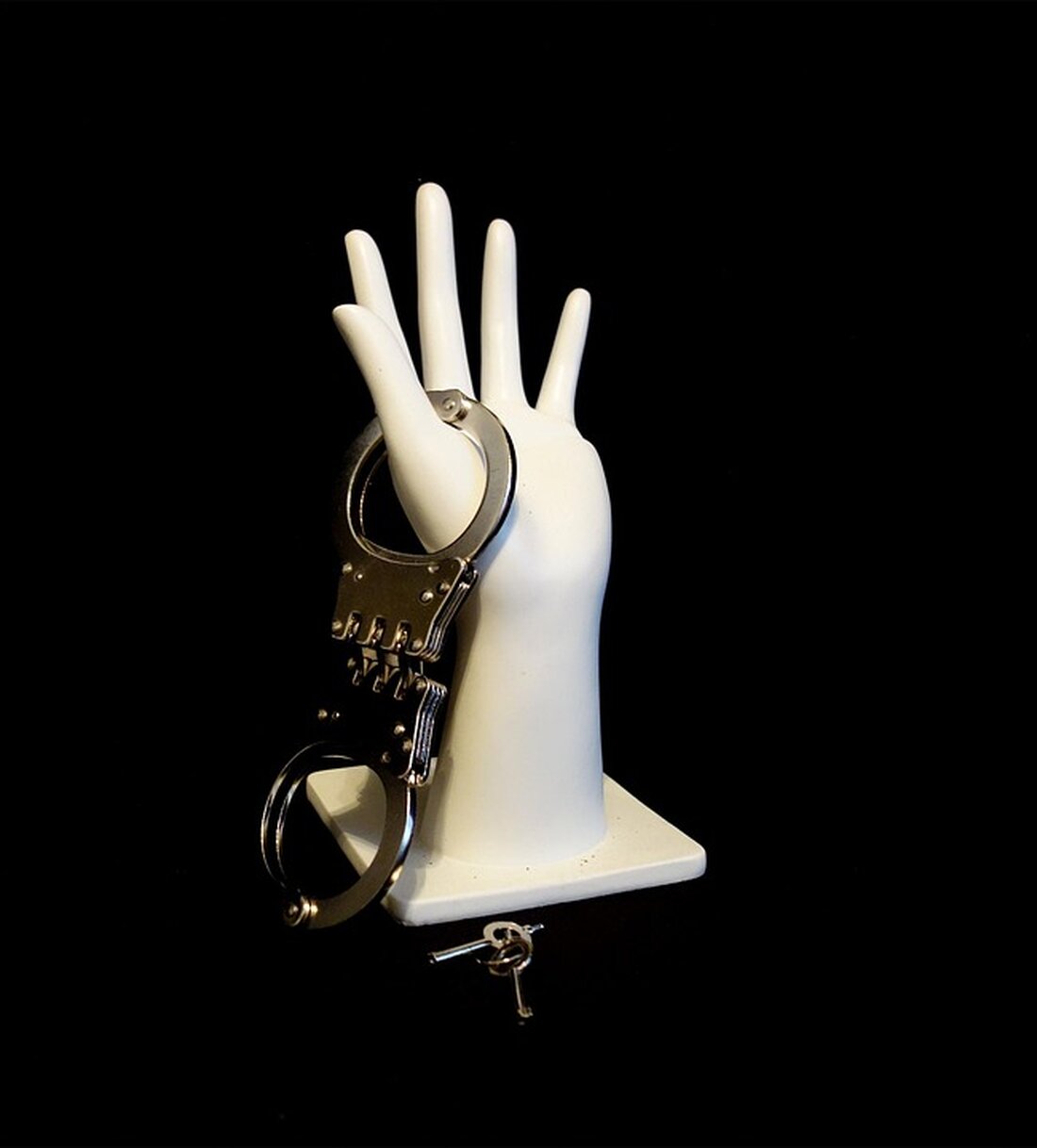Four arrests under Tokios Yakuza laws-unexpected reasons
Four arrests under Tokios Yakuza laws-unexpected reasons
When you think of Japan's notorious Yakuza gangs, you often come from very tattooed men who are involved in bloody fights-scenes such as action films or video games. But last week, four men were arrested in Tokyo due to a more everyday crime: they operated a Yakuza office too close to a library.
arrests and legal measures
The suspects, at the age of 55 to 77, “conspiratorly”, to operate an office from June 2024 to February 2025, “although the area is a library within a 200-meter radius,” said the police in a statement. In the city, strict regulations where Yakuza offices may work apply as part of a campaign to combat organized crime.
The background of the Yakuza
The oldest man, 77 years old, was a "member of a criminal association organized with the Sumiyoshi-Kai"-one of the largest Yakuza groups in Japan. Known for their strict hierarchies and code of honor, the Yakuza, also known as Boryokudan, deal with activities such as blackmail, money laundering, drug trafficking and human trafficking.
the yakuza in public life
Instead of secret, criminal organizations, many Yakuza groups are registered with the police office and have an unmistakable presence nationwide. The National Police Authority (NPA) even lists the business addresses of some Yakuza organizations on their website; For example, the main office of the Sumiyoshi-Kai is located in the upscale district of Akasaka in Tokyo, not far from the parliament building.
decline in the number of members
In their heyday in the 1960s, the Yakuza counted about Members , as the NPA indicates. But their membership numbers have dropped steadily in recent decades due to police operations to combat their activities.
regulations and their effects
Although they may continue to exist legally, the new regulations make it difficult for the gangsters to survive. It has become illegal to recruit Yakuza, pay them or share profits with them. Even securing mobile phone contracts and renting apartments has become more problematic. In 2024, the number of members of organized criminal associations fell under 20,000 for the first time on a record low of 18,800, according to the police data.
rules for the Yakuza in Tokyo
In Tokyo, Yakuza offices may not be operated within 200 meters of schools, daycare centers, community houses, museums, probation facilities and family dishes as well as libraries. Companies may not hire Yakuza members as bouncers, offer them funds for services or sign contracts that "promote" their activities.
The future of the Yakuza
The result of these measures are shrinking yakuza groups, which today mainly get into the headlines through their resolutions, New, law-on life strive to stick to the laws. In April, Japan's largest Yakuza criminal organization, to end rival faction after the police strengthened surveillance and restricted their activities. Three high -ranking members of the Gang personally brought a letter to the police in which they assured "to end all internal struggles" and "never cause problems", the police told CNN.


Kommentare (0)